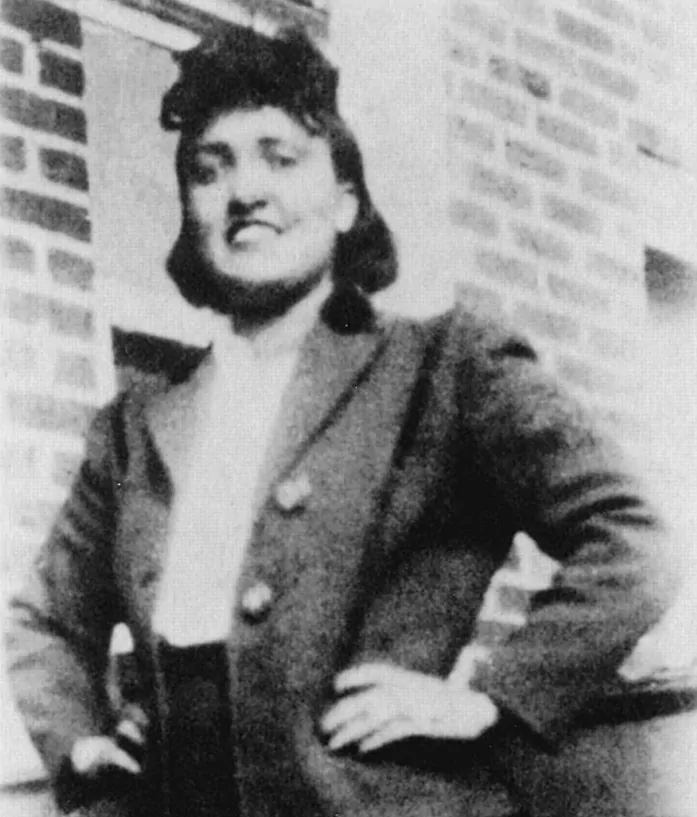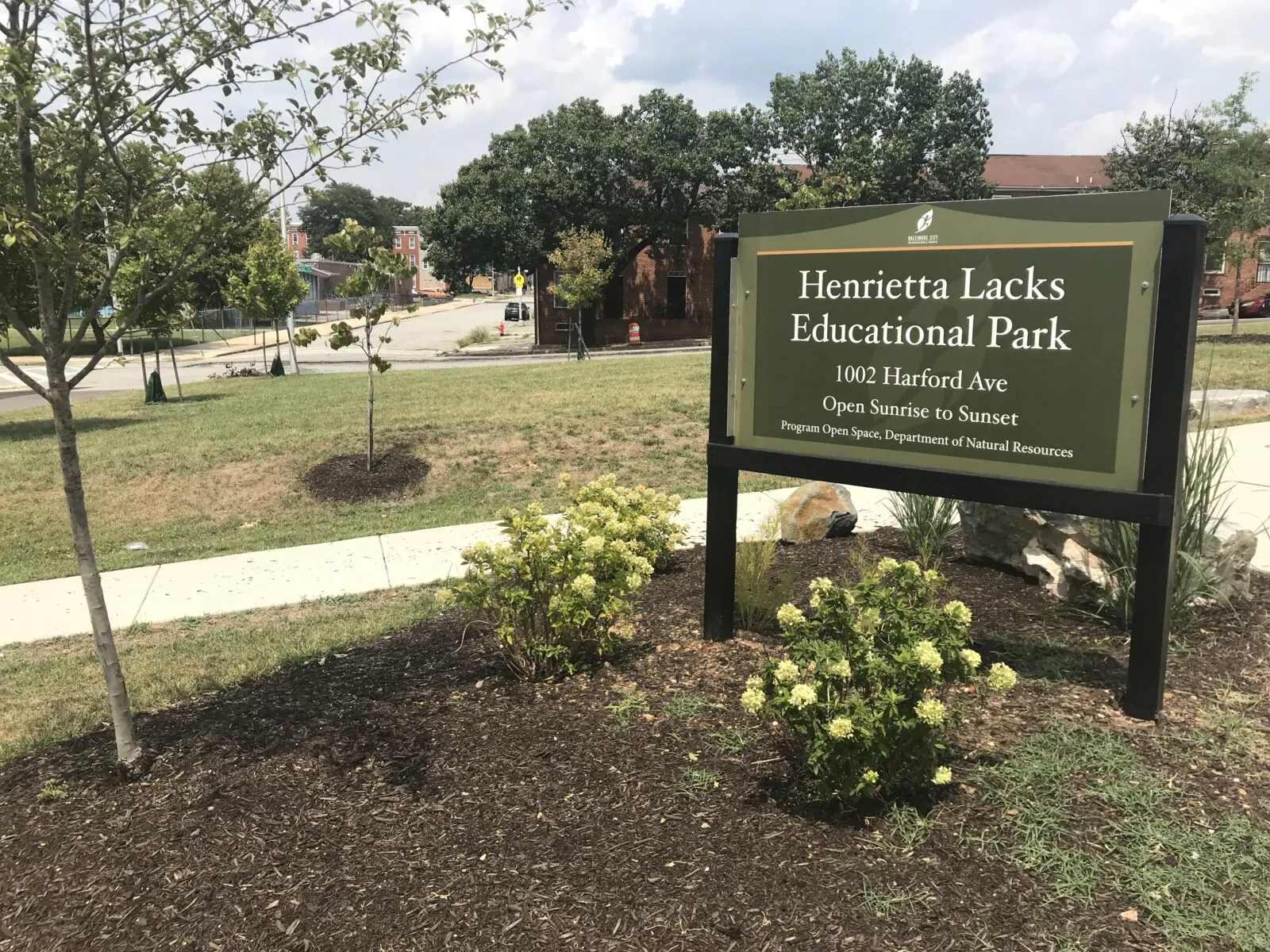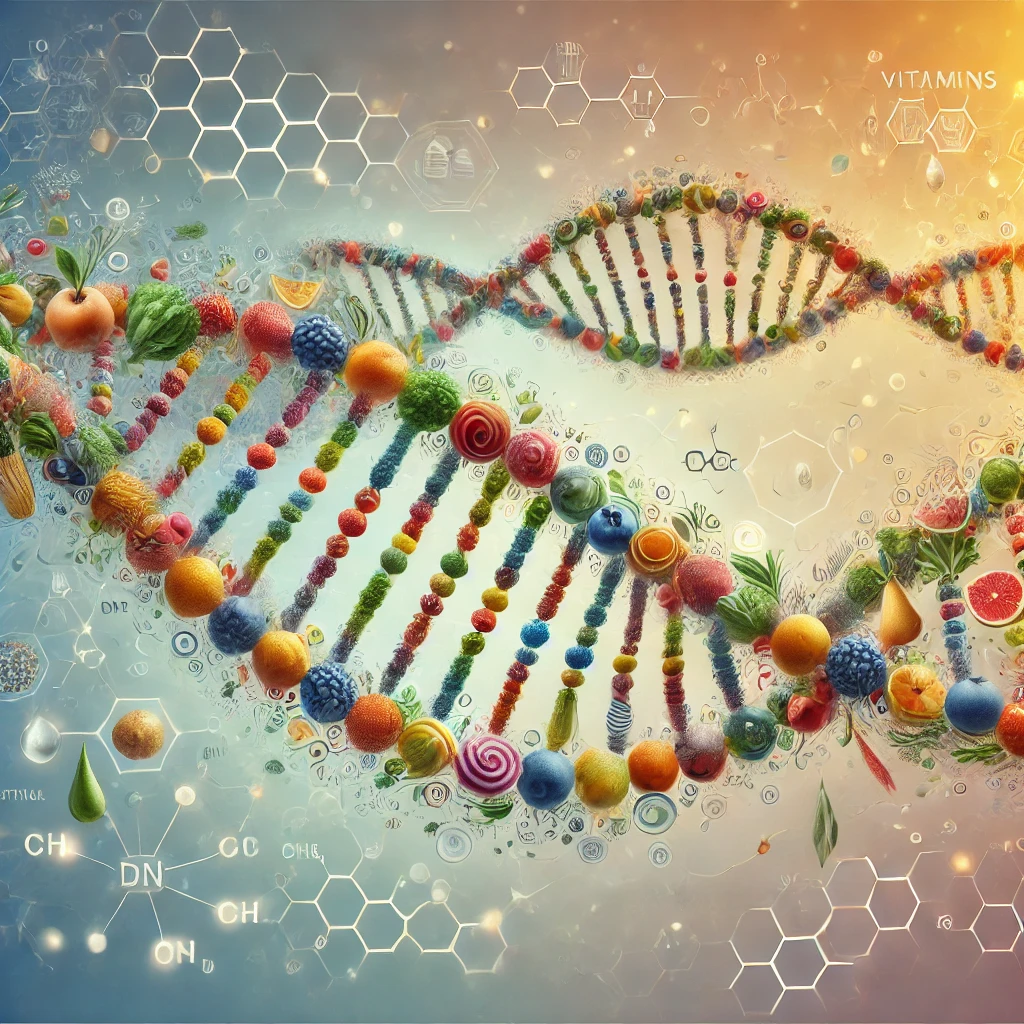Henrietta Lacks: The Woman Behind the HeLa Cell Revolution

Have you ever wondered about the person behind one of the most important medical discoveries of the 20th century? Meet Henrietta Lacks, an African American woman whose cells revolutionized medical research. In 1951, doctors at Johns Hopkins Hospital took a sample of Lacks’ cancerous cervical cells without her knowledge or consent. These cells, dubbed “HeLa,” became the first immortal human cell line, capable of reproducing indefinitely in laboratory conditions. You may not know her name, but Henrietta Lacks’ unwitting contribution has advanced countless scientific breakthroughs, from the polio vaccine to cancer treatments. This is the story of the woman whose cells changed medicine forever.
The Immortal cells of Henrietta Lacks
In 1951, a young African American mother named Henrietta Lacks visited Johns Hopkins Hospital complaining of vaginal bleeding. Little did she know, her visit would change the course of medical history. During treatment for an aggressive form of cervical cancer, a sample of Lacks’ tumor cells was taken without her knowledge or consent. These cells possessed a remarkable ability to divide and multiply indefinitely in laboratory conditions, becoming the first immortal human cell line.
The cells became known as HeLa, derived from the first two letters of Henrietta Lacks’ name given to cancer researcher Dr. George Gey for study. Over seven decades later, HeLa cells continue to play a pivotal role in groundbreaking medical research and advancements. They were instrumental in developing the polio vaccine, studying the effects of toxins and drugs, mapping the human genome, and even contributing to the development of COVID-19 vaccines.
While Henrietta Lacks’ cells have impacted countless lives, their story is also a sobering reminder of the historical lack of informed consent and inequities faced by African Americans in the medical system. It was not until the 1970s that the Lacks family learned their mother’s cells had been commercialized and widely distributed without their knowledge or compensation.
However, the story of HeLa cells is tainted by a gross violation of medical ethics. Lacks, an African American woman, never provided informed consent for her cells’ use in research. Her family remained unaware for decades, highlighting issues around transparency and exploitation of vulnerable minority patients. The case sparked advocacy for stronger informed consent policies and highlighted concerns over obtaining human tissues without permission, especially from marginalized groups.
The book “The Immortal Life of Henrietta Lacks” by Rebecca Skloot in 2010 brought this issue to light, prompting Johns Hopkins to acknowledge the need for greater transparency and respect for patients’ rights. Henrietta Lacks’ legacy continues to shape ethical practices in medical research, ensuring proper informed consent and privacy protections.

The Discovery of the HeLa Immortal Cell Line
Typically, cells taken from the body would only survive for a short time in laboratory cultures before dying. However, Dr. Gey made a groundbreaking discovery – Lacks’ cancer cells were remarkably durable and could be grown indefinitely, becoming the first immortal human cell line. HeLa cells doubled their numbers every 20-24 hours, far outpacing the growth rate of other cells at the time.
The discovery of HeLa cells proved invaluable for scientific research. Their ability to replicate indefinitely meant they could be easily shared among researchers around the world. Within a year, HeLa cells were being used to test the effects of radiation, medications, toxins and more on human cells.
They played a vital role in developing the polio vaccine by enabling mass production of poliovirus for vaccine research. HeLa cells have also contributed to major advancements in understanding genetics, cancer, AIDS and many other diseases over the past 70 years. To date, they have been involved in over 110,000 published studies. This breakthrough enabled crucial advances, including the development of the polio vaccine by Jonas Salk, who relied on HeLa cells for testing and trials.
Despite Henrietta Lacks passing away from her illness in 1951 at age 31, her unwitting contribution through HeLa cells revolutionized biomedical research worldwide. The immortal cell line continues to be widely used by scientists even today, over 70 years since its accidental discovery. Lacks’ legacy lives on through the countless lives saved and medical breakthroughs enabled by research on her incredible cells.
Over 75,000 studies have utilized HeLa cells, contributing to groundbreaking discoveries. They revealed insights into HPV strains, leading to vaccines that reduced cervical cancer rates. HeLa cells also shed light on telomerase, an enzyme linked to cellular immortality and aging. Moreover, these cells paved the way for breakthroughs in areas like genetics, infections, radiation effects, cancer treatments, HIV/AIDS medications, and IVF techniques.
Lacks Family’s Fight for Justice and Recognition

As HeLa cells were commercially sold by various companies, Lacks’ family struggled financially and faced health issues, raising questions about fair compensation and benefit-sharing. The publication of the HeLa genome in 2013 without family consent also raised privacy concerns, as it revealed genetic information that could disclose hereditary conditions to relatives. This reignited debates around informed consent practices and respecting families’ wishes regarding sensitive genetic data.
While HeLa cells enabled remarkable medical progress, their story underscores the need for robust ethical frameworks, transparent communication, and equitable benefit-sharing to uphold human dignity and autonomy in scientific research. For over 60 years, the family of Henrietta Lacks waged a relentless battle for recognition and compensation. In 1951, doctors at Johns Hopkins Hospital took Lacks’ cervical cancer cells without her consent. These cells, later known as the HeLa cell line, became instrumental in countless medical breakthroughs – yet her family remained unaware for decades. When they learned the truth in the 1970s, the Lacks family embarked on an uphill journey to secure justice.
Henrietta Lacks’ story underscored the systemic racism and lack of ethical safeguards faced by black Americans in medical research. As an African American woman from a low-income background, her cells were taken without knowledge or permission – a shocking violation of patient rights. For years, companies patented and profited from HeLa cells while the Lacks family lived in poverty, unaware of their mother’s immense scientific legacy.
After a protracted legal battle, the Lacks family reached a confidential settlement in 2023 with Thermo Fisher Scientific, a biotech giant that commercialized HeLa cells. While the terms remain undisclosed, the settlement marked a long-overdue recognition of Henrietta Lacks’ vital contributions and her family’s perseverance in confronting unethical practices.
The Lacks family’s fight extended far beyond financial compensation. By shedding light on this case of exploitation, they sparked a crucial dialogue around informed consent, bioethics, and racial equity in scientific research. Their courage paved the way for increased protections, ensuring no family endures a similar ordeal. Henrietta Lacks’ immortal cells revolutionized medicine – and her indomitable family’s quest for justice left an equally indelible mark.
Henrietta Lacks’ Enduring Legacy and Impact on Modern Medicine

HeLa cells have played a pivotal role in numerous groundbreaking medical advances over the past seven decades. They were crucial for developing the polio vaccine, one of the greatest public health achievements of the 20th century. HeLa cells also enabled research on diseases like HIV/AIDS, Parkinson’s, and hemophilia, as well as the HPV and COVID-19 vaccines.
Their unique properties have facilitated over 17,000 patents and an estimated 10 million lives saved through groundbreaking drugs, treatments, and scientific breakthroughs derived from studying these cells. Lacks’ immortal cells continue to be a vital research tool, advancing our understanding of human biology and disease.
For decades, Henrietta Lacks’ extraordinary contribution to modern medicine went largely unrecognized. It was only after the 2010 publication of Rebecca Skloot’s book “The Immortal Life of Henrietta Lacks” that her story gained widespread attention. Her legacy highlights the history of racial injustice and lack of informed consent in medical research involving disadvantaged communities.
Today, organizations like the Henrietta Lacks Foundation and Henrietta Lacks Initiative work to honour her life, support her family, and promote health equity and education. Johns Hopkins has also named a campus building after Lacks, acknowledging the vital role her cells played in transforming medicine while striving to uphold ethical standards moving forward.
FAQs
1: Who was Henrietta Lacks, and why is she significant in medical history?
Henrietta Lacks was an African-American woman whose cells, taken without her knowledge in 1951, became the first immortalized human cell line. These cells, dubbed “HeLa cells,” have been instrumental in countless medical breakthroughs.
2 : How did Henrietta Lacks’ cells become so pivotal in scientific research?
Her cells exhibited an extraordinary ability to survive and replicate in laboratory conditions, a trait that allowed scientists to conduct experiments that were previously impossible, paving the way for numerous medical advancements.
3 : What were the circumstances surrounding the collection of Henrietta Lacks’ cells?
Henrietta’s cells were harvested during a biopsy at Johns Hopkins Hospital when she was undergoing treatment for cervical cancer. The collection occurred without her consent or knowledge, a practice that would be considered a grave ethical transgression today.
4. How did Henrietta Lacks’ family discover the existence and widespread use of her cells?
The family remained unaware of the existence of HeLa cells for over two decades. They were informed about this in the 1970s when scientists approached them for genetic testing, a revelation that was unexpected.
5. What impact did the use of HeLa cells have on medical research?
HeLa cells have been indispensable in developing treatments for diseases like polio, cancer, and HIV/AIDS. Their impact on global health is profound, contributing to countless scientific papers and medical breakthroughs.
6. How has the story of Henrietta Lacks influenced discussions on medical ethics?
Henrietta’s story has ignited debates on informed consent, patient privacy, and the commercialization of human tissues. It has prompted a re-evaluation of ethical standards in medical research.
7. What was Henrietta Lacks’ background and upbringing like?
Henrietta was born into a family of tobacco farmers in Virginia, USA. Her life was marked by hardship and segregation. Despite these challenges, she was known for her vivacity and generosity.
8. How has the Lacks family been affected by the widespread use of Henrietta’s cells?
The family has grappled with complex emotions, ranging from pride in Henrietta’s inadvertent contribution to science to frustration over the lack of recognition and compensation.
9. What efforts have been made to recognize Henrietta Lacks’ contribution to science?
A: In recent years, there have been numerous initiatives to honour Henrietta Lacks, including the creation of a foundation in her name, the publication of a bestselling book, and the production of a film about her life. These efforts aim to give her the recognition she deserves.
10. How does Henrietta Lacks’ story relate to current discussions about genetic privacy and ownership?
The saga of HeLa cells has become a cornerstone in debates about who owns our genetic material and how it can be used. This discussion is particularly relevant today, where concerns about genetic data privacy are growing.
As you reflect on Henrietta Lacks’ extraordinary legacy, consider the profound impact one person can have on medical progress. Her immortal cells continue to advance research and save lives decades after her death. Yet her story also raises important ethical questions about informed consent and justice in healthcare. By learning about Henrietta Lacks, you gain insight into both the triumphs and challenges of modern medicine. Her experience reminds us to honour the individuals behind scientific breakthroughs and to strive for equitable, ethical practices as we push the boundaries of medical knowledge. Henrietta Lacks’ invaluable contribution ensures she will never be forgotten.


